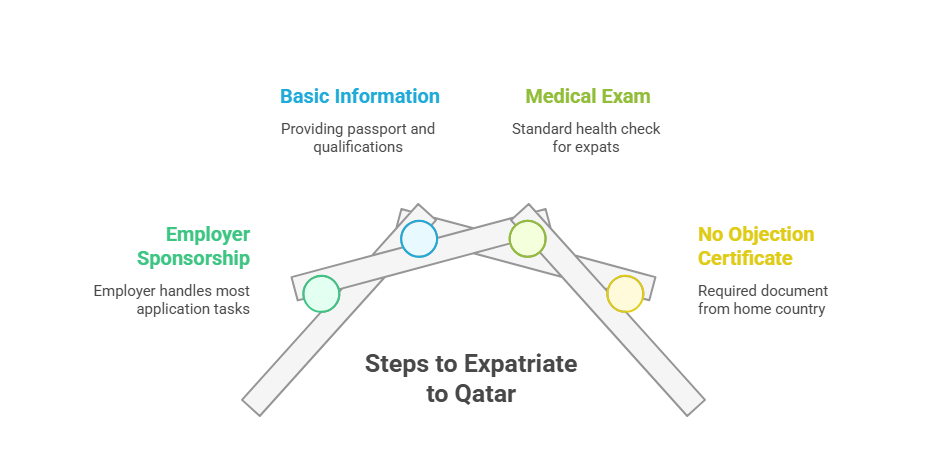
Hey there, fellow expat! So, you're thinking of making Qatar your new home, eh? Well, welcome to the club! This country has a lot to offer, but before you can fully enjoy it, you need to get your hands on something called an Expat Residence Permit.
Now, I know what you're thinking - "Oh great, another bureaucratic headache." But trust me, getting your hands on this permit isn't nearly as bad as you might think. In fact, I'm here to make the whole process as easy as pie for you!
So, what exactly is this Expat Residence Permit I keep talking about? Basically, it's your ticket to living and working in Qatar. Without it, you won't be able to legally call this country your home. And we don't want that, now do we?
The good news is that your employer will take care of most of the heavy lifting when it comes to sponsoring your application. All you need to do is provide some basic information, like a copy of your passport and any relevant qualifications or work experience. And don't worry, you'll also have to go through a medical exam and get a No Objection Certificate from your home country, but that's standard procedure for all expats moving to Qatar.
 Now, there are a few things you should keep in mind when applying for your Expat Residence Permit. For example, you'll need to pay the relevant fees and complete some forms. And if you're feeling a little lost, don't hesitate to reach out to a legal expert who can guide you through the process.
Now, there are a few things you should keep in mind when applying for your Expat Residence Permit. For example, you'll need to pay the relevant fees and complete some forms. And if you're feeling a little lost, don't hesitate to reach out to a legal expert who can guide you through the process.
But all in all, getting your Expat Residence Permit in Qatar is a pretty straightforward process. Just follow the steps, provide the information, and before you know it, you'll be holding your permit in your hands! And with that, you'll be all set to live and work in this amazing country without any worries.
So, there you have it! Your insider's guide to the Expat Residence Permit process in Qatar. Now, what are you waiting for? Get started, and let's make this move happen!
Disclaimer: This article provides general information and should not be construed as legal advice. Please consult with a qualified and experienced lawyer for personalized guidance regarding your specific situation.
